 Welcome
Welcome
“May all be happy, may all be healed, may all be at peace and may no one ever suffer."
Hoarding disorder
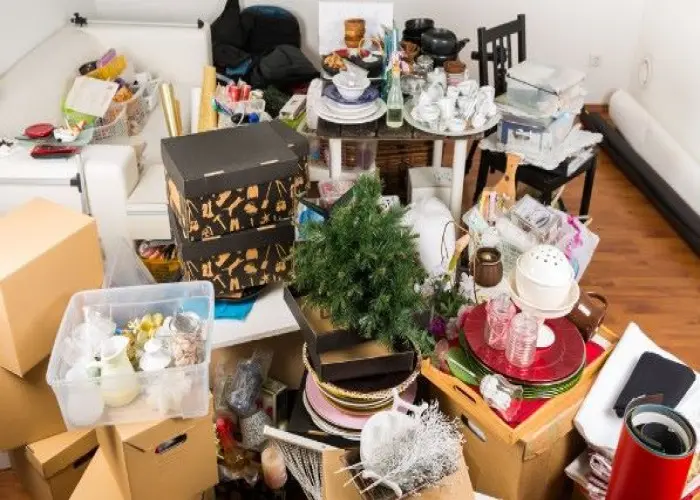
Hoarding disorder is a mental health condition that is characterized by persistent difficulty discarding or parting with possessions, regardless of their actual value. This results in the accumulation of clutter that can interfere with the normal use of living spaces and cause significant distress and functional impairment.
Hoarding disorder affects between 2% to 6% of the general population and is associated with a range of negative outcomes, including health risks, relationship problems, financial difficulties, and social isolation.
The causes of hoarding disorder are not fully understood, but it is believed to involve a combination of genetic, environmental, and psychological factors. People with hoarding disorder may have a history of trauma, depression, anxiety, or other mental health conditions.
Treatment for hoarding disorder often involves a combination of cognitive-behavioral therapy, medication, and support groups. The goal of treatment is to help individuals identify the underlying reasons for their hoarding behavior and develop strategies to reduce the clutter and improve their quality of life.
If you or someone you know is struggling with hoarding disorder, it is important to seek professional help from a mental health provider who has experience in treating this condition. Hoarding disorder can be a chronic and challenging condition to treat, but with the right support and treatment, it is possible to improve symptoms and quality of life.
Research Papers
Disease Signs and Symptoms
- Having a tendency toward indecisiveness, perfectionism, avoidance, procrastination, and problems with planning and organizing
- Disorganized piles or stacks of items, such as newspapers, clothes, paperwork, books or sentimental items
- Buildup of food or trash to unusually excessive, unsanitary levels
- Difficulty organizing items, sometimes losing important items in the clutter
- They believe these items are unique or will be needed at some point in the future
- The items have important emotional significance serving as a reminder of happier times or representing beloved people or pets
- They feel safer when surrounded by the things they save
- They don't want to waste anything
- Painless swelling of lymph nodes in neck, armpits or groin
Disease Causes
Hoarding disorder
It's not clear what causes hoarding disorder. Genetics, brain functioning and stressful life events are being studied as possible causes.
Disease Prevents
Hoarding disorder
Because little is understood about what causes hoarding disorder, there's no known way to prevent it. However, as with many mental health conditions, getting treatment at the first sign of a problem may help prevent hoarding from getting worse.
Disease Treatments
Treatment of hoarding disorder can be challenging because many people don't recognize the negative impact of hoarding on their lives or don't believe they need treatment. This is especially true if the possessions or animals offer comfort. If these possessions or animals are taken away, people will often react with frustration and anger and quickly collect more to help fulfill emotional needs.
The main treatment for hoarding disorder is cognitive behavioral therapy. Medications may be added, particularly if you also have anxiety or depression.
Psychotherapy
Psychotherapy, also called talk therapy, is the primary treatment. Cognitive behavioral therapy is the most common form of psychotherapy used to treat hoarding disorder. Try to find a therapist or other mental health professional with experience in treating hoarding disorder.
As part of cognitive behavioral therapy, you may:
- Learn to identify and challenge thoughts and beliefs related to acquiring and saving items
- Learn to resist the urge to acquire more items
- Learn to organize and categorize possessions to help you decide which ones to discard
- Improve your decision-making and coping skills
- Declutter your home during in-home visits by a therapist or professional organizer
- Learn to reduce isolation and increase social involvement with more meaningful activities
- Learn ways to enhance motivation for change
- Attend family or group therapy
- Have periodic visits or ongoing treatment to help you keep up healthy habits
Treatment often involves routine assistance from family, friends and agencies to help remove clutter. This is particularly the case for the elderly or those struggling with medical conditions that may make it difficult to maintain effort and motivation.
Children with hoarding disorder
For children with hoarding disorder, it's important to have the parents involved in treatment. Sometimes called "family accommodation," over the years, some parents may think that allowing their child to get and save countless items may help lower their child's anxiety. Actually it may do the opposite, increasing anxiety.
So, in addition to therapy for the child, parents need professional guidance to learn how to respond to and help manage their child's hoarding behavior.
Medications
There are currently no medications approved by the Food and Drug Administration (FDA) to treat hoarding disorder. Typically, medications are used to treat other disorders such as anxiety and depression that often occur along with hoarding disorder. The medications most commonly used are a type of antidepressant called selective serotonin reuptake inhibitors (SSRIs). Research continues on the most effective ways to use medications in the treatment of hoarding disorder.
Disease Diagnoses
Disease Allopathic Generics
Disease Ayurvedic Generics
Disease Homeopathic Generics
Disease yoga
Hoarding disorder and Learn More about Diseases
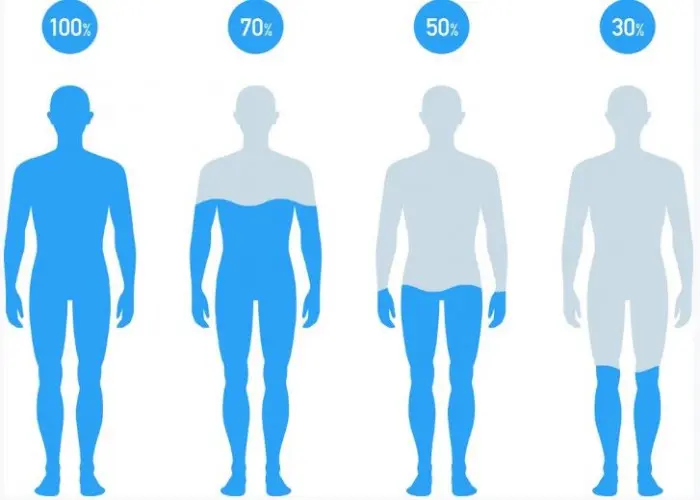
Dehydration
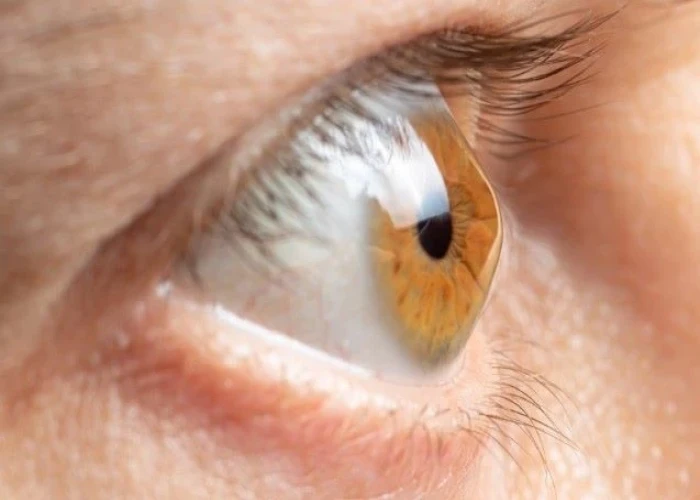
Keratoconus
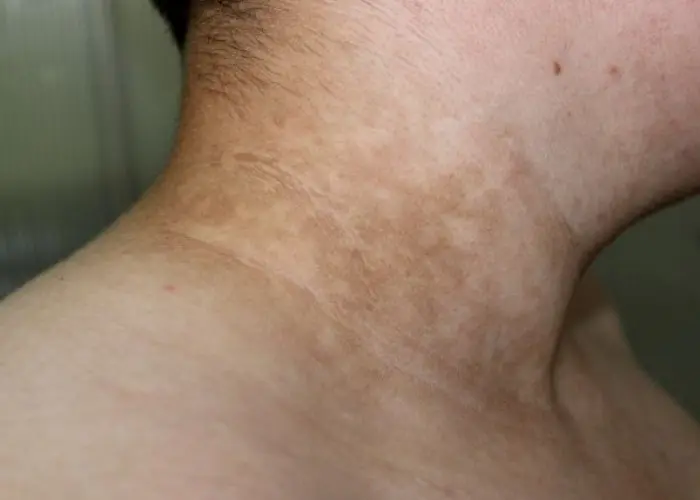
Acanthosis nigricans
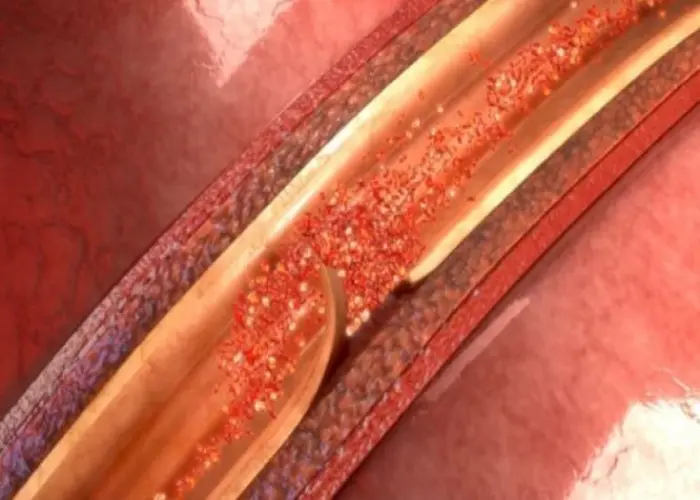
Aortic dissection

Suicide and suicidal thoughts
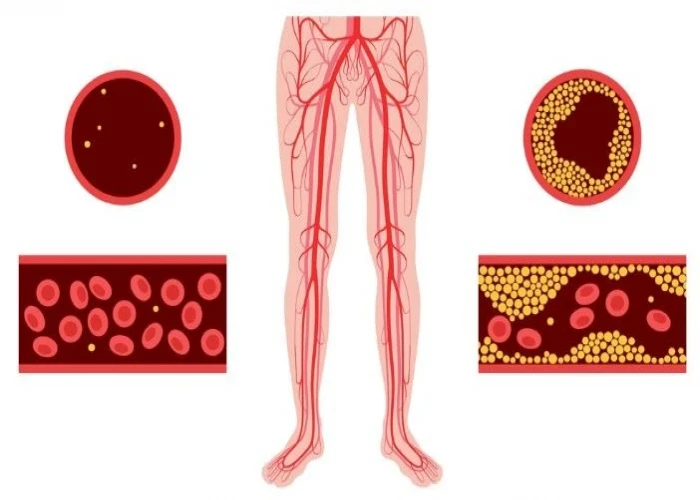
Peripheral artery disease (PAD)
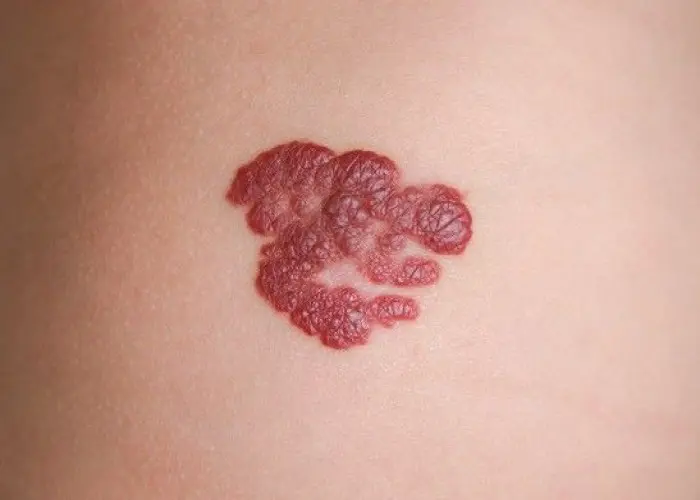
Hemangioma
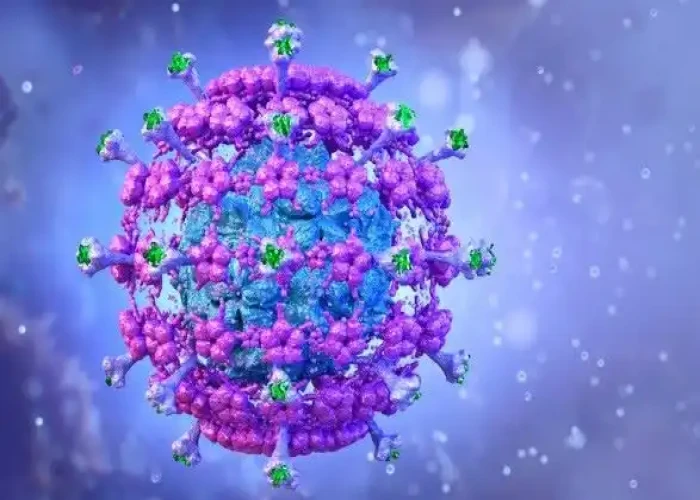
Viral gastroenteritis (stomach flu)
hoarding disorder, হোর্ডিং ব্যাধি
To be happy, beautiful, healthy, wealthy, hale and long-lived stay with DM3S.
